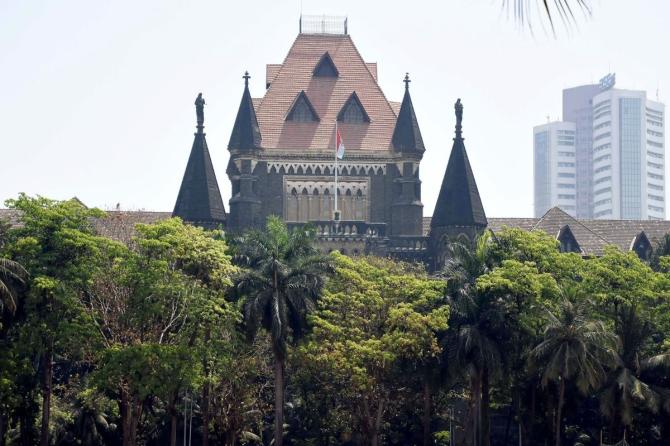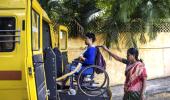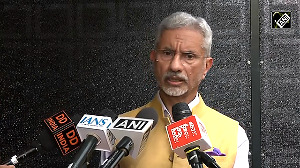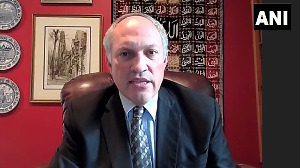The legislation for persons with disabilities should not merely remain in the statute book but be implemented in practice by all authorities with sensitivity and flexibility, the Bombay high court has said.

A division bench of Justices Nitin Jamdar and MM Sathaye on Tuesday set aside the cancellation of candidature of a 31-year-old visually impaired woman to the post of assistant in the Railways and directed the railway recruitment cell to process her candidature within six weeks.
The bench noted that this case illustrates how administrative apathy can defeat the benefit of provisions of the Rights of Persons with Disabilities Act, 2016, enacted to support persons with disabilities.
The court was hearing a petition filed by Shanta Sonawane, challenging cancellation of her candidature as an assistant in the Railways.
Sonawane's candidature was rejected pursuant to an error in her form about her birth year.
The bench noted that in August 2023, when the petition was taken up for hearing, the court directed the Railways to keep one post of assistant vacant pending final disposal of Sonawane's plea and for the authorities to reconsider her case.
However, the authorities said the candidature of Sonawane could not be accepted due to the error in her form.
The high court said the rigid stand taken by the respondents (Railways) is unduly oppressive and harsh and violates the objective of the Disabilities Act.
Sonawane in her plea said being visually impaired she had sought the help of a stranger at an internet cafe while filling out the form. The person made the error inadvertently, she said.
The court in its order noted that the concept of fairness in dealing with persons with disabilities is not only of treating them equal with others but of affirmative action.
"The legislation for the disabled should not merely remain in the statute book; rather, the spirit behind the legislation must be applied by all authorities in its practical application showing appropriate sensitivity and flexibility," the HC said.
Individuals, such as Sonawane, who are 100 percent visually impaired, cannot be expected to stand on an equal footing with other candidates in terms of usual activities, it added.
"The Act of 2016 not only mandates ensuring equal opportunities for people with disabilities but also making necessary adjustments to meet their specific needs," the HC said.
Visually impaired individuals may make mistakes, such as typing errors, due to their impairment or may need to rely on others, it noted.
"These errors, stemming from their disability, should not result in discrimination or unfair treatment by employers," the court said, adding that rejecting the applications and then refusing to rectify the mistakes would contravene the principle of equality.
By refusing Sonawane's plea, the authorities, who were expected to handle the situation with sensitivity and flexibility, have failed to discharge their obligation under the Act, the HC said.
"We therefore find that the rigid stand taken by the respondents is unduly oppressive and harsh and violates the objective of the Act of 2016," the bench said.











